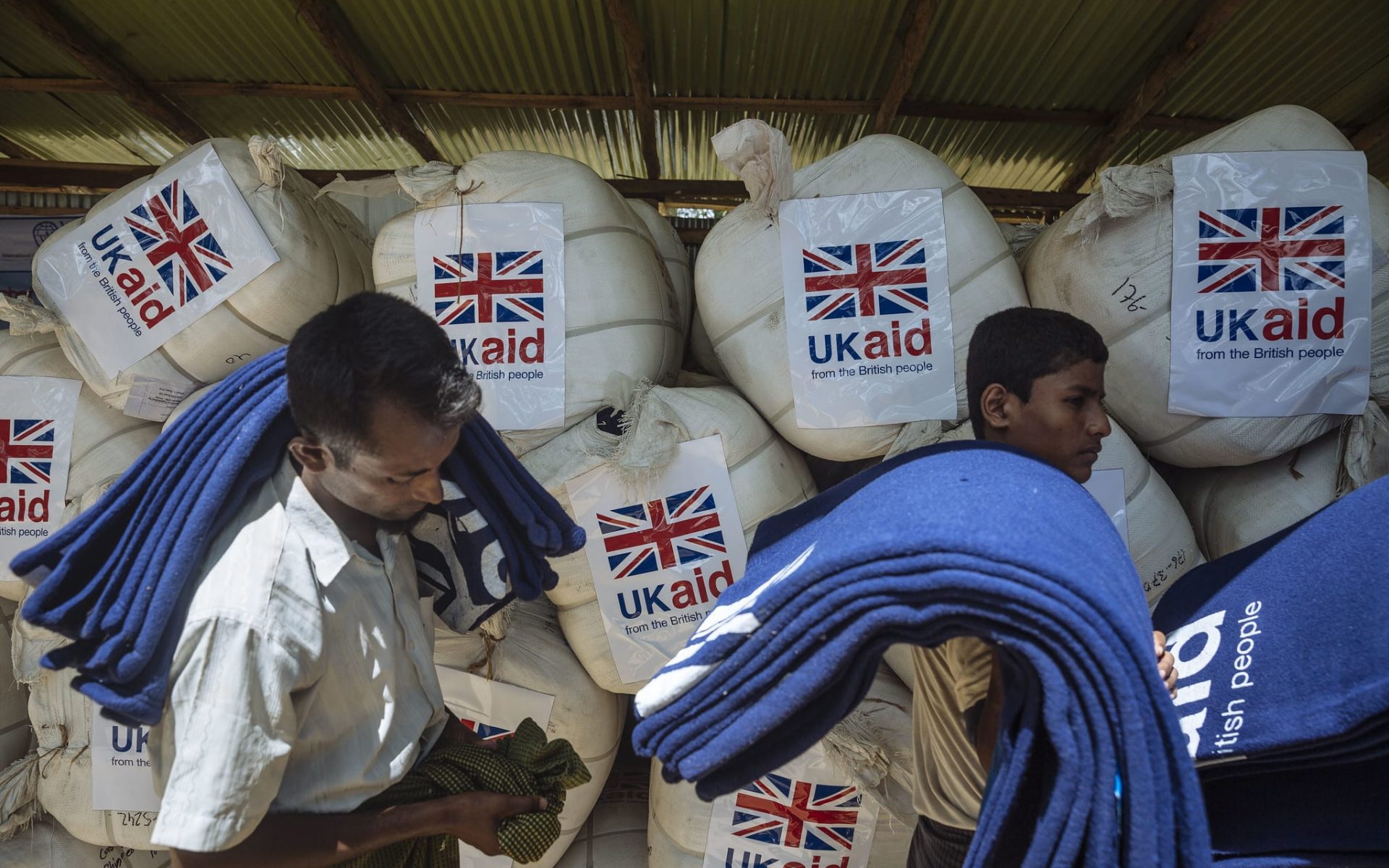By Will Dickson
The UK treasury has announced that cuts to its foreign aid budget will continue for four years. The Government will only spend 0.5% of Gross National Income (GNI) on foreign aid, a decrease of 0.7% that roughly equates to £4.5 billion annually. While these cuts were originally announced as temporary, the Foreign, Commonwealth, and Development Office says that domestic, political, and financial conditions necessitate this reduction remaining in place until at least the fiscal year 2024-25. Foreign aid observers are criticizing the decision, claiming it will increase suffering around the world, and even accusing the government of planning to cut more than it claims it will.
Aid cuts to affect millions
Almost all of the UK’s foreign aid goes to African and Asian countries. Projects that have been cut include those that promote education for women in developing countries and programs to eliminate neglected tropical diseases.
See also: UK bitterly criticized over decision to cut 85% of aid to UN family planning
According to a December 2020 letter to the British Foreign Secretary from Sarah Champion, MP and Chair of the UK Parliament’s International Development Committee:
“these cuts could equate to around £25-30 billion over the next five years… pushing an extra 100 million people into extreme poverty, keeping 79 million children out of school, and causing 105,000 deaths from disrupting non-COVID immunisations alone.”
See also: Charities, aid organizations decry UK foreign aid cut
Until now, the UK has been considered a leader in the fight against neglected tropical diseases but these cuts mean that a £220 million vaccination program will end early, likely leading to thousands of deaths. However, the cuts are wide-ranging with Global Citizen reporting that “projects fighting AIDs, supporting women’s health, and supplying clean water [are] seeing well over half their funding cut. Some are seeing a shortfall of 85% or more.” Meanwhile, several media outlets and aid networks have raised alarm over the lack of transparency and are not exactly sure what these cuts will entail.

Government under fire
This lack of transparency has led to accusations that creative bookkeeping will further reduce the actual foreign aid the UK will provide. Stephanie Draper, Chief Executive of Bond, a UK network of over 400 charities and NGOs in the international development sector, said:
“It now looks certain that the Treasury will use accountancy trickery to make the aid budget pay for re-channeling Special Drawing Rights (SDRs), excess vaccine doses, and debt relief… So the government is once again balancing the books on the backs of the poorest and jeopardizing trust in the UK around the world.”
SDRs are assets provided to countries from the International Monetary Fund and currently, the assets are intended to be distributed to poor countries in order to help to alleviate the economic damage caused by the COVID-19 pandemic. Other wealthy nations have pledged not to count this money as part of their foreign aid budgets. A number of media outlets have suggested, however, that the UK will use this money to further inflate the figures of their actual aid contributions. These accusations have not been substantiated by the UK treasury.
Aid cut roots
In 2015, the UK Government passed the International Development Act, making it a statutory duty to spend 0.7% of GNI on foreign aid, a target set by the UN for member nations. In 2013, the UK joined a small but proud club of nations that had actually met that aid target. In 2020, however, the economic effects of the pandemic forced temporary cuts and in July 2021, the House of Commons voted to reduce overseas aid down from 0.7% to 0.5% of GNI.
See also: UK’s overseas financial support drops significantly in 2020
At the time, Prime Minister Boris Johnson said the cut was necessary in order to keep public debt low while the government dealt with the pandemic. The July 2021 vote in the House of Commons reduced the foreign aid budget by approximately £4.5 billion from the previous year. At the end of October, Chancellor Rishi Sunak confirmed that those cuts will remain in place through the fiscal year 2024-25.

